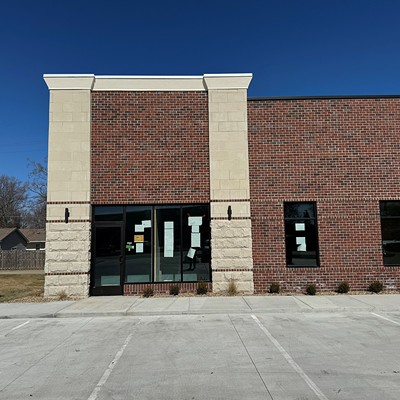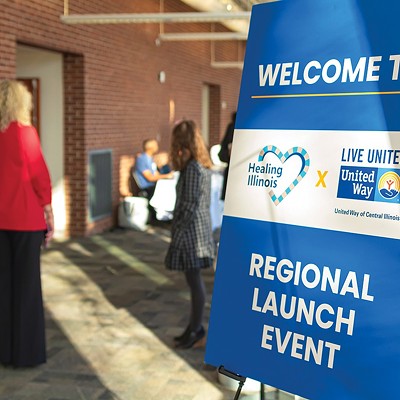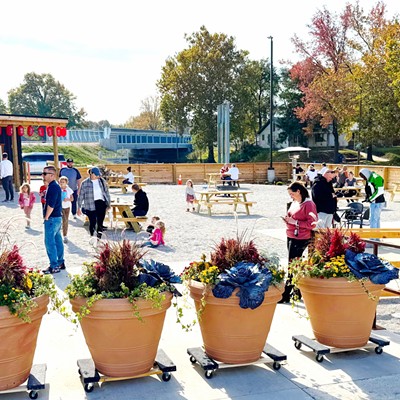To better address all aspects of patients' health, Southern Illinois University School of Medicine is thinking differently. "Think beyond the individual patient office visit," said Janet Albers, MD, professor and chair of the Department of Family and Community Medicine. "Health workers must take a population health approach to caring for patients. That means understanding how patients' lifestyles and home environments can affect their health."
For example, families living in areas with high crime rates may not feel safe to exercise outdoors, leading to obesity, diabetes and other conditions. Tenants living in a dilapidated housing complex may suffer from severe asthma. A five-year, $2 million grant from the U.S. Department of Health and Human Services Administration will support training to help health workers think differently by addressing these types of population health issues.
The program, called "Population Health and Systems Thinking," will include a variety of SIU School of Medicine learners: physician assistant students, medical students and physicians in the family and community medicine residency program. The family medicine department will implement the curriculum in 2017. The population-health methods will include training in preventive screening measures, critical thinking and team skills that will help learners better care for the communities they serve. "For many years, doctors weren't aware of what resources were available to help patients with issues such as housing, legal or crime problems," Albers said. "Now with a larger, inter-professional team within the medical home, we are more likely to screen for and recognize such issues and then connect patients with appropriate resources."
This training may eventually include community partnerships with local law enforcement, public health and ambulance companies. The SIU Physician Assistant Program is leading the efforts. Approximately 85percent of SIU physician assistant graduates begin their careers in medically underserved areas. "That makes SIU uniquely positioned to successfully complete this project," said Don Diemer, director of the SIU Physician Assistant (PA) program. "Working together, this curriculum will prepare our learners to better serve the patients and communities where they practice."The PA program, located in Carbondale, is part of SIU School of Medicine's Department of Family and Community Medicine.
This project builds on initiatives undertaken in recent months by SIU Department of Family & Community Medicine, including the "hotspotting" model that addresses high-risk patients and the community health worker program that cares for residents of the Enos Park neighborhood. It targets the 16 county Delta region, which includes Illinois' southernmost counties. In the Delta region, 15 of 16 counties rank in the lower 50th percentile of Illinois counties for health outcomes. "SIU has always been innovative in medical education," said Albers, who also is a graduate of the medical school. "This new approach dovetails our innovation, the variety of learners who are training here, and our mission of serving the people in underserved and rural areas of Illinois. This is our dream, and patients will ultimately benefit with a better health care team."
This project is supported by the Health Resources and Services Administration (HRSA) of the U.S. Department of Health and Human Services (HHS) under grant number T0BHP30019, Interprofessional Training in Population Health/Systems Thinking Curriculum, Total Award $2,003,546 over five years. This information or content and conclusions are those of the author and should not be construed as the official position or policy of, nor should any endorsements be inferred by HRSA, HHS or the U.S. Government.
















